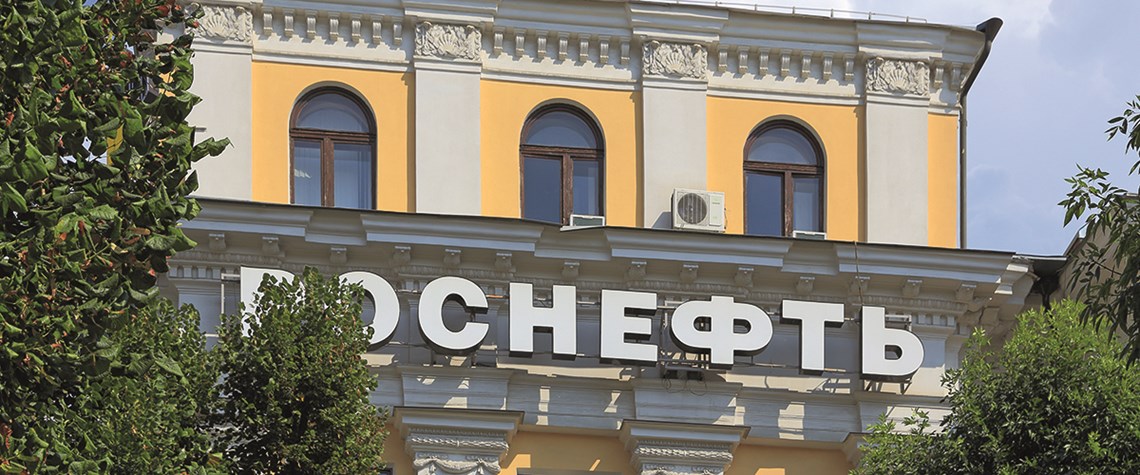Rosneft makeover 'on the way'
Chief executive Igor Sechin has outlined bold reforms for Russia's largest oil company, but will they be put into practice?
Institutional investors have yet to be swayed by Rosneft's promise to rein in its mergers and acquisition activity, improve its chequered corporate governance and buy back $2bn of its own stock. The oil producer, which accounts for 40% of Russia's output, said in early May it intends to shrink capital expenditure by 20%, to 800bn roubles ($12.6bn), and boost its working capital by 200bn roubles by the end of the year. The company announced the targets as "additional initiatives" for its Rosneft-2022 corporate strategy, originally approved in December 2017. The company said it would also soon start the planned buyback of its underperforming stock in an effort to "enhance shareholder returns".

Also in this section
18 February 2026
With Texas LNG approaching financial close, Alaska LNG advancing towards a phased buildout and Magnolia LNG positioned for future optionality, Glenfarne CEO Brendan Duval says the coming year will demonstrate how the company’s more focused, owner-operator approach is reshaping LNG infrastructure development in the North America
18 February 2026
The global gas industry is no longer on the backfoot, hesitantly justifying the value of its product, but has greater confidence in gas remaining a core part of the global energy mix for decades
18 February 2026
With marketable supply unlikely to grow significantly and limited scope for pipeline imports, Brazil is expected to continue relying on LNG to cover supply shortfalls, Ieda Gomes, senior adviser of Brazilian thinktank FGV Energia,
tells Petroleum Economist
17 February 2026
The 25th WPC Energy Congress, taking place in Riyadh, Saudi Arabia from 26–30 April 2026, will bring together leaders from the political, industrial, financial and technology sectors under the unifying theme “Pathways to an Energy Future for All”







